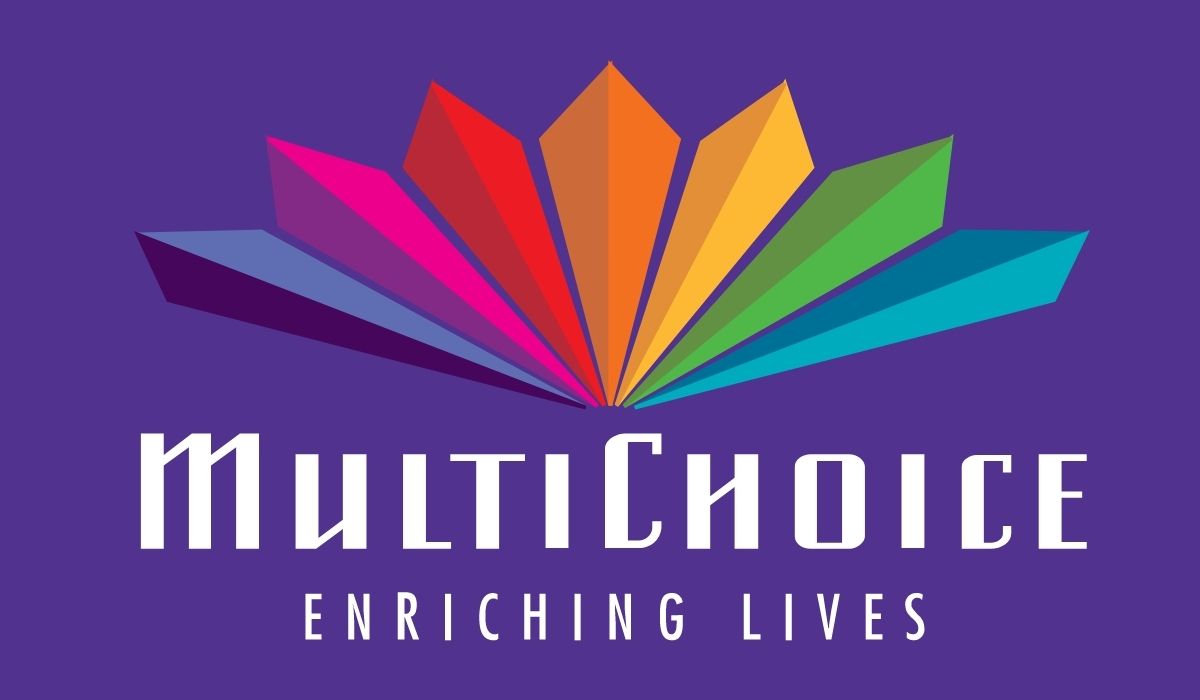In a recent announcement, MultiChoice Nigeria disclosed that they have rejected the Pay-Per-View Model rejected by the Senate.
Whilst it may appear to be a noble intent for this Committee to be concerned over the rising cost of subscription services; however, the Pay-Per-View (PPV) model being canvassed by this Committee will not work either to the benefit of the consumer or the industry.
It would appear that this problem is because of some confusion in understanding the basic definitions and distinctions between some of the existing operational business models in telecommunications and pay-tv broadcasting.
A pay-per-view (PPV) is not the same and is very different from Pay-As-You-Go (PAYG).
The PPV model allows a subscriber to watch some special one-off events, usually of the high-ticket variety in sports and entertainment, by paying for such events in addition to having an active subscription.
Pay-As-You-Go, accommodates a metered mode of service, where consumers are billed only for the service they consume and not for a fixed period.
The desire by this Committee to adopt PPV is further challenged by the non-existence of any technology that can detect and or determine the viewers are tuned in per time.
Once it is impossible to have this knowledge, billings based on ‘per view’ become difficult if not almost impossible.
It is therefore my humble submission to this distinguished committee that due to the nature of content acquisition and technological limitations that PAYG model is not practical for broadcasting and thus is not practiced and basically cannot be implemented anywhere in the world.
Some of the adverse economic factors highlighted above have not only affected the subscription prices for pay-tv, but have generally led to substantial increments in the pricing of a wide range of goods and services ranging from essential commodities like food, transportation, clothing, healthcare, educational services to other consumer goods like petrol, building materials, cars, etc.
Mr. John Ugbe, Chief Executive Officer, MultiChoice Nigeria
As Harvard University’s Kennedy School of Government, Professor Malcom Sparrow famously said in his book ‘The Regulatory Craft’, Regulators should pick important problems and fix them.
In my humble opinion it appears that the issues being addressed today, does not reflect or amount to an important regulatory problem.
Whilst it may appear worrying that pay Tv services subscription charges are increasing, this must be seen within the larger economic window of rising inflation, cost of living and exchange rate challenges that is faced by every sector of the economy.
For instance, the prices of almost every item on every family’s grocery list have increased significantly, based on the realities of demand and supply occasioned by the economic factors mentioned above.
Emeka Mba, former Director General, National Broadcasting Commission (NBC)










